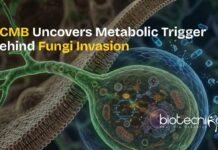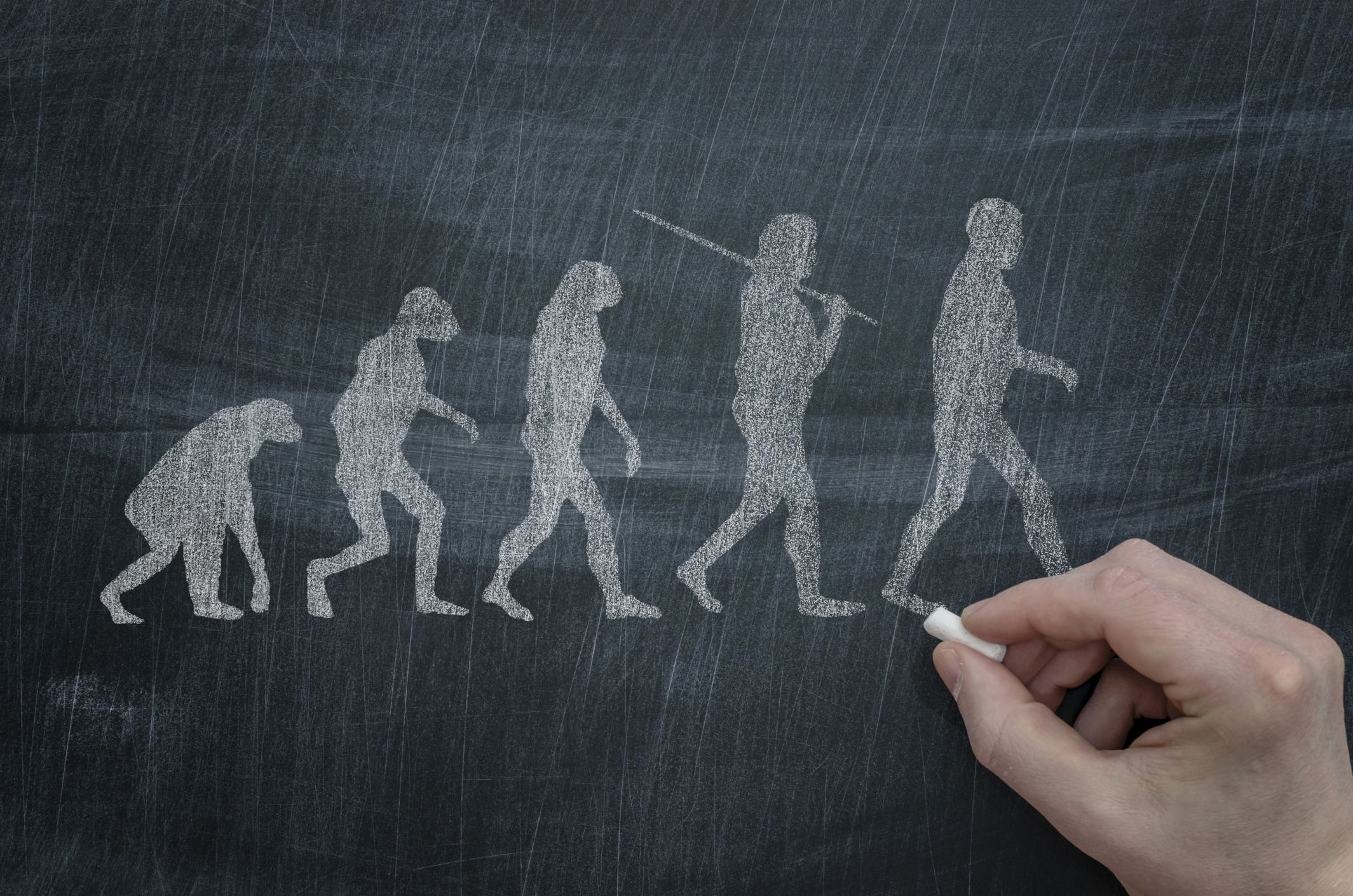Why Not Evolve To Live Forever ? Scientists Find Out
Scientists unveil certain genes that could lifespan and the next phase of evolution.
Immortality isn’t merely a 21st century quest. In the third century B.C., Chinese Emperor Qin Shi Huang ingested mercury as advised by his counsel in order gain eternal life. Needless to say, it did not end well for him.
And as we evolve, we continue to seek it too. It is only natural, if evolution works by selecting for the most advantageous genes, it begs the question: why haven’t we evolved towards immortality?
Now, a study from Johannes Gutenberg University has identified some genes that promote reproductive success also promote aging later in life. They have identified that genes belonging to a process called autophagy – one of the cells most critical survival processes – promote health and fitness in young worms but drive the process of ageing later in life.
This research published in the journal Genes & Development gives some of the first clear evidence for how the ageing process arises as a quirk of evolution.
As Charles Darwin explained, natural selection results in the fittest individuals for a given environment surviving to breed and pass on their genes to the next generation. The more fruitful a trait is at promoting reproductive success, the stronger the selection for that trait will be. In theory, this should give rise to individuals with traits which prevent ageing as their genes could be passed on nearly continuously. Thus, despite the obvious facts to the contrary, from the point of evolution ageing should never have happened.
George C. Williams gave us a rational explanation for how ageing can arise in a population through evolution. Williams proposed that natural selection enriches genes promoting reproductive success but consequently ignores their negative effects on longevity. Importantly, this is only true when those negative effects occur after the onset of reproduction. Essentially, if a gene mutation results in more offspring but shortens life that’s fine. This is because there can be more descendants carrying on the parent’s genes in a shorter time to compensate.
While this theory has been proven mathematically and its implications demonstrated in the real world, actual evidence for genes behaving in such as fashion has been lacking. This evidence has now arrived according to the co-lead author of the paper Jonathan Byrne, “The evolutionary theory of ageing just explains everything so nicely but it lacked real evidence that it was happening in nature. Evolution becomes blind to the effects of mutations that promote ageing as long as those effects only kick in after reproduction has started. Really, ageing is an evolutionary oversight.” Jonathan continues.
“These AP genes haven’t been found before because it’s incredibly difficult to work with already old animals, we were the first to figure out how to do this on a large scale.” He explains further “From a relatively small screen, we found a surprisingly large number of genes [30] that seem to operate in an antagonistic fashion.” Previous studies had found genes that encourage ageing while still being essential for development, but these 30 genes represent some of the first found promoting ageing specifically only in old worms. “Considering we tested only 0.05% of all the genes in a worm this suggests there could be many more of these genes out there to find,” says Byrne.
The team, in the course of their investigation, found a series of genes involved in regulating autophagy, which accelerate the ageing process. Autophagy is known to become slower with age and the authors of this paper show that it appears to completely deteriorate in older worms. They demonstrate that shutting down key genes in the initiation of the process allows the worms to live longer compare with leaving it running crippled.
Autophagy is nearly always thought of as beneficial even if it’s barely working, they instead showed that there are severe negative consequences when it breaks down and then you are better off bypassing it all together. It’s classic AP. In young worms, autophagy is working properly and is essential to reach maturity but after reproduction, it starts to malfunction causing the worms to age
Finally, the team was able to track the source of the pro longevity signals to a specific tissue, namely the neurons. By inactivating autophagy in the neurons of old worms they were not only able to prolong the worms life but they increased the total health of the worms dramatically.
“Imagine reaching the halfway point in your life and getting a drug that leaves you as fit and mobile as someone half your age who you then live longer than, that’s what it’s like for the worms,” says Thomas Wilhelm, part of the team. “We turn autophagy off only in one tissue and the whole animal gets a boost. The neurons are much healthier in the treated worms and we think this is what keeps the muscles and the rest of the body in good shape. The net result is a 50% extension of life.”























